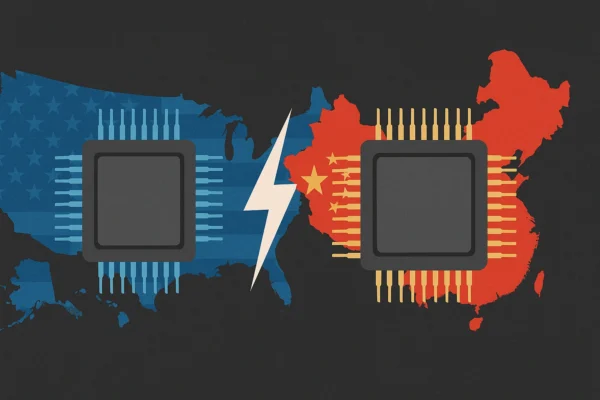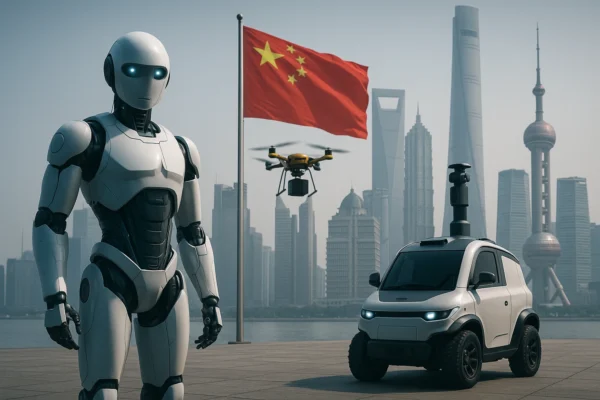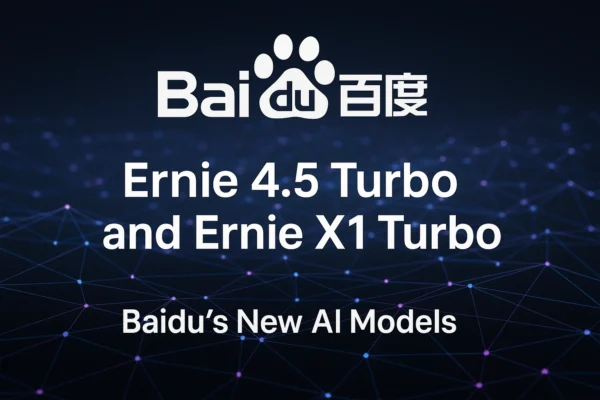
Exploring the potential impact of OpenAI acquiring Google Chrome and what it could mean for the future of browsers, search, and the internet ecosystem.
During the recent times, the US Department of Justice (DOJ) ordered Google to sell Chrome following a 2024 antitrust ruling, citing monopolistic practices in search and advertising markets. Amid this development, speculation has emerged that OpenAI, known for ChatGPT, could be a potential buyer. While the acquisition remains unconfirmed as Google plans to appeal, the possibility raises significant questions about the future of browsing, search, and AI integration. This article examines the strategic implications, market impacts, and regulatory challenges of such a move.
Strategic Implications: Chrome as a Strategic Asset
Chrome holds a 65% global market share, serving approximately 3.4 billion users as of April 2025, according to StatCounter. It is a critical gateway to the internet, influencing how users access information and interact with digital services. If OpenAI were to acquire Chrome, several strategic outcomes could follow:
Direct User Access: OpenAI would gain a distribution channel for its AI tools, reaching billions without relying on third-party platforms like Microsoft’s Bing, which currently integrates ChatGPT.
Control Over Search Behavior: OpenAI could redirect search queries through its conversational AI, such as ChatGPT, which serves 200 million weekly users. This would shift users from link-based search to direct answers.
Data Utilization: With proper safeguards, Chrome’s usage data could enhance OpenAI’s models, improving personalization and performance, though this would require compliance with privacy laws like GDPR.
AI-First Browser: Chrome could become a platform where large language models (LLMs) are natively integrated, offering features like real-time content summarization or contextual browsing assistance.
This acquisition would position OpenAI to redefine the browser’s role, potentially transforming it into a central hub for AI-driven interactions.
The Future of Search: Toward Conversational Interfaces
An OpenAI-controlled Chrome could reshape search functionality, moving from traditional link-based results to AI-driven conversational interfaces. This shift could unfold in three key ways:
Conversational Search: Users could ask complex questions, such as “What are the best dividend stocks for 2025?” and receive a synthesized answer drawing on real-time financial data, sentiment analysis, and market trends, rather than navigating multiple links.
Reduced Reliance on Middlemen: Websites dependent on search engine optimization (SEO) might see a 30% traffic decline, as predicted by industry analysts on X, since users could get answers directly from the browser. This threatens content farms and affiliate sites.
Hyper-Personalized Results: Building on AI personalization trends, Chrome could tailor results based on user context—like calendar events or financial goals—delivering highly relevant insights, a concept we’ve discussed before with hyper-personalization in automotive and retail sectors.
These changes would prioritize user intent over keyword matching, fundamentally altering online information access.
Market Impact: Winners and Losers
An OpenAI-Chrome acquisition would have far-reaching market effects, creating both opportunities and challenges.
Potential Winners
OpenAI: Gains a direct consumer interface, new monetization avenues (e.g., subscriptions, enterprise tools), and reduced dependency on partners.
Hardware and AI Infrastructure: NVIDIA and AMD could see a 25% increase in GPU demand for real-time AI inference, per IEA 2025 projections, as browser-based AI scales.
AI-First Startups: Developers could build new tools, such as Chrome extensions leveraging OpenAI’s ecosystem, fostering innovation in user experience.
Potential Losers
Google: Chrome drives Google’s $200 billion ad revenue by providing user data for targeting, per Forbes 2024. Losing Chrome would disrupt this ecosystem.
SEO-Dependent Businesses: A shift to conversational search could reduce clicks to SEO-optimized sites, impacting publishers and affiliate marketers.
Traditional Web Design: With AI delivering direct answers, metrics like page layout and click-through rates may lose relevance, affecting web design priorities.
These dynamics highlight the high stakes for stakeholders across the tech landscape.
The Browser as a Competitive Battleground
Historically, browsers have been a battleground for tech dominance. Microsoft’s Internet Explorer overtook Netscape in the 1990s, and Chrome surpassed Firefox and IE in the 2000s. An OpenAI-led Chrome could mark the next era, where browsers compete on intelligence rather than speed. Controlling the browser means controlling the user interface, shaping how information is accessed and interpreted online.
The New Default: AI-Driven Interaction
If Chrome integrates OpenAI’s AI, user behavior could shift from searching the web to consulting an AI assistant. Examples include:
Students asking for detailed explanations with examples instead of searching definitions.
Investors requesting valuation summaries with charts, bypassing analyst blogs.
Travelers prompting the browser to compare flights and book directly, eliminating tab overload.
This transition moves users from a “hunt and filter” approach to an “ask and understand” model, prioritizing instant insights over manual research.
Regulatory and Ethical Challenges
An OpenAI-Chrome merger would attract intense regulatory scrutiny. Key concerns include:
Monopoly Risks: The DOJ’s ruling against Google reflects fears of market dominance. Combining Chrome’s 65% share with OpenAI’s AI leadership could prompt further antitrust action.
Privacy and Data Use: OpenAI’s past GDPR fines ($15 million, 2024) highlight risks of using user prompts for model training. Compliance with EU GDPR and India’s DPDP Act would be critical.
Data Sovereignty: Laws requiring data residency (e.g., EU, India) could complicate operations, as Chrome collects global user data.
Competition Impact: Smaller search engines like DuckDuckGo may face exclusion, raising anticompetitive concerns.
Regulators might demand transparency in AI operations, data compartmentalization, or structural separation between browsing data and AI training, creating operational complexities for OpenAI.
A Potential Paradigm Shift
The hypothetical acquisition of Chrome by OpenAI could redefine the internet’s core experience. By transforming the browser into an AI-powered co-pilot, OpenAI would shift search from static links to dynamic insights, impacting industries from advertising to web design. However, regulatory hurdles and ethical concerns around privacy and competition loom large. Business leaders must monitor this development closely, as it could signal a new era where the browser becomes the central interface for understanding the digital world.





